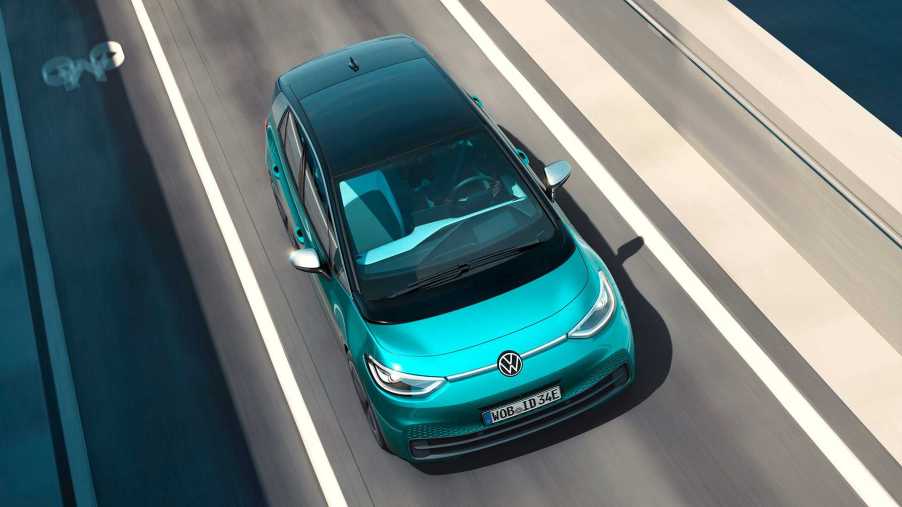
It’s 2020! Did Electric Vehicle Sales Tank In 2019?
The charts and analysis are so confusing. Are electric vehicle sales up or down? Are all of the other countries seeing a rise in electric vehicle sales except the US? Did electric vehicle sales tank in 2019?
The standard response to the number of EV sales in the US is 2%. It’s 3% in California. That’s the bottom line. Supposedly. So why are all of these manufacturers going down the electric highway? Mercedes-Benz of all manufacturers has even said it no longer does any internal combustion engine development. The company most look to as an engineering dominant manufacturer no longer develops internal combustion engines. That’s astonishing.
Ford took its most iconic brand and named its EV for it
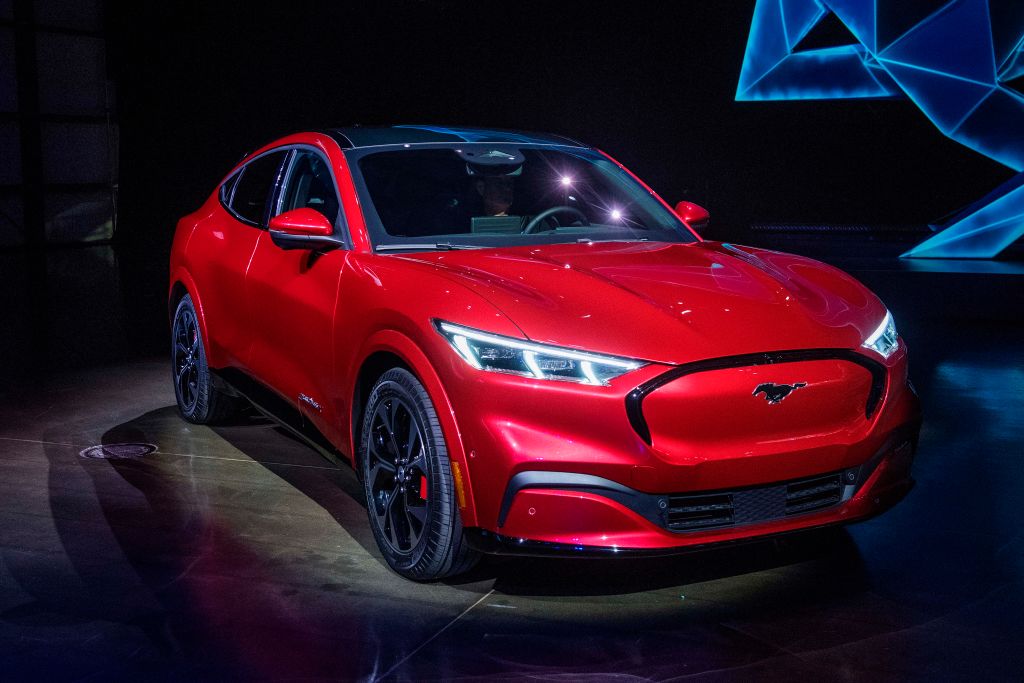
When Ford was developing its first EV model it chose to take the most iconic American brand name and attach it to the EV. We’re talking “Mustang.” Its new EV will be a MUSTANG. Not only that but now Ford has announced it will no longer be accepting reservations for the Mustang Mach E because it’s sold out. Its first EV has sold out its entire first year’s worth of production before it has turned a bolt.
We’ve seen the same with the Tesla Cybertruck. According to an Elon Musk tweet, it took 250,000 reservations in just a few days. It was so startling it bumped up Tesla stock in the days and weeks after the reveal by quite a lot. If you bought stock in August you have doubled your money today.
Where’s the electric revolution if it’s only 2%?
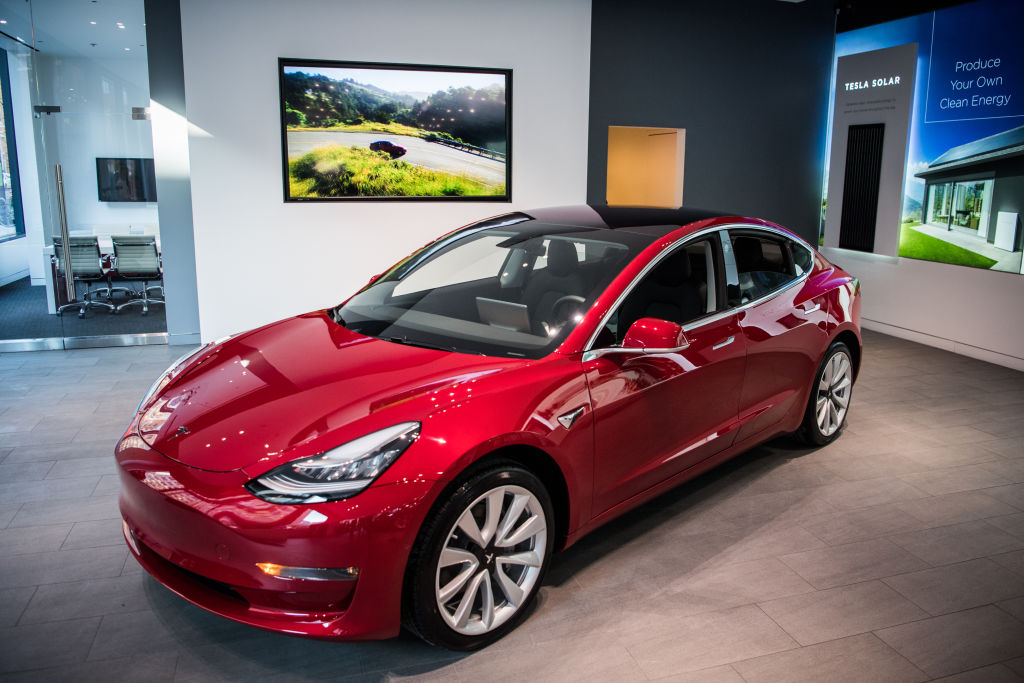
So what’s happening if sales in the US are only 2%? 3% in California. Sources like cleantechnica.com see sales in the US flattening for 2019. Others like Bloomberg see a steady rise that started in 2015. According to them, sales have steadily risen by one million a year-mostly in China and Europe. It says five million sold worldwide at the start of 2020.
General Motors has seen fairly flat sales of its hybrid offerings in the last few years. Now, it says it’s abandoning hybrids and going all-in on fully electric vehicles. Don’t forget, GM adopted hybrid technology across many model lines including full-size trucks and SUVs.
The false equivalency of hydrogen power over electric
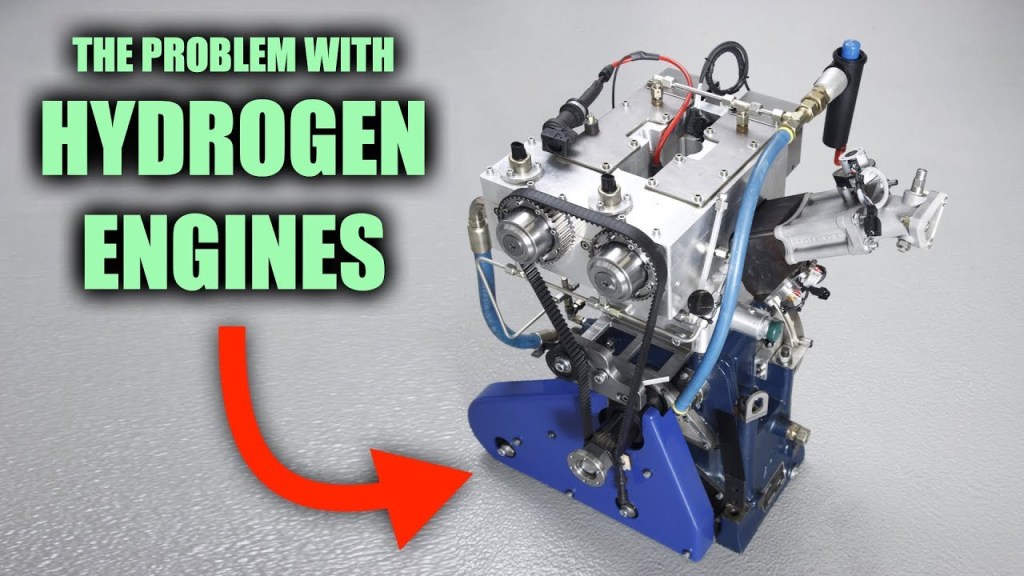
Toyota, on the other hand, tried to leapfrog over electric vehicles from hybrids like the Prius to hydrogen power. The problem with early adoption of new propulsion is that there needs to be a choreographed development of infrastructure. That has not happened with hydrogen, and so it has stymied adoption. From a high of 1,800 Toyota Murai hydrogen-powered cars in 2017, sales have slipped in 2018 and again in 2019 to around 1,600.
In some ways, the hydrogen vehicle is a false equivalency. To produce hydrogen you must process fossil fuels. It’s expensive and it still takes lots of energy. Not only that but for the same cost as gasoline you can only go about one-third the distance. So, it’s expensive, inconvenient, and only a transference of energy usage, not an elimination as it has been touted as being.
Europe is driving the electric vehicle revolution
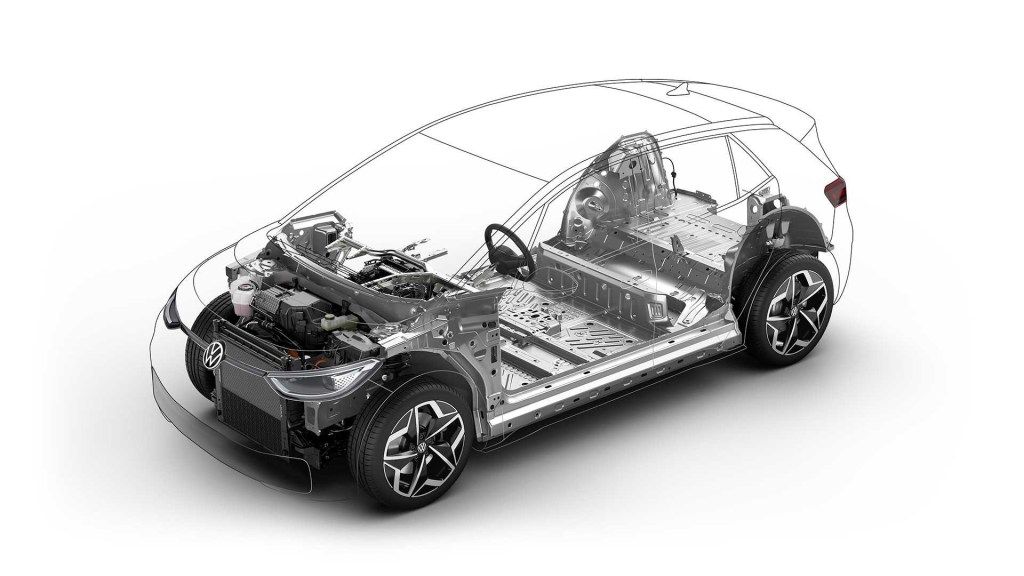
Europe is driving the EV revolution for a number of reasons. First, severe fines for going beyond stricter pollution limits means manufacturers are forced to offset big sedans and SUVs with non-polluting electric vehicles. Some countries are looking to ban all internal combustion engines by 2030. Companies like Audi are cutting the workforce to free up development money for EV production. Then there is the abandonment of diesel, brought about by Volkswagen cheating on pollution control devices globally.
That helps to explain VW’s zeal for leaping into the EV market. According to the New York Times, it sees climate change as real, and also needs to burnish its tarnished reputation after the scandals of the diesel debacle.
In the US 2020 will foretell if the electric revolution has caught on or is wallowing. If the interest in the Mustang Mach E and Cybertruck are any indication we’ll soon see EV sales ramp up. If not, then what do all of these companies plowing into EV development see that the market doesn’t?



